I was recently in a meeting where a director openly shamed his manager in front of other staff. He criticized him for asking stupid questions (in his opinion), and then proceeded to insult and berate him.
What was worse was that the manager being shamed manages a team of people, and some of his staff were there, listening to their manager being put down by his boss.
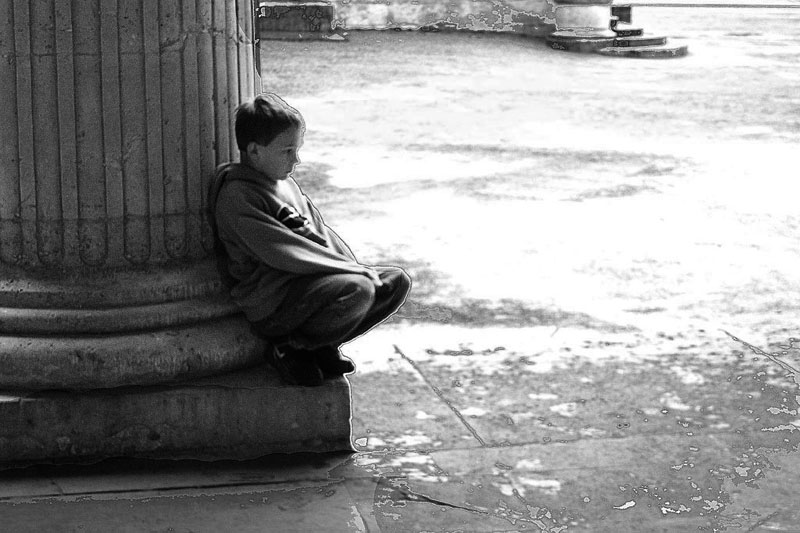
Was it really appropriate to shame that manager, much less before his own staff? I thought it was a bit too much.
Being put through the Singapore education system, I was exposed to a strong shaming culture where teachers were authorized (and at times even encouraged) to publicly humiliate and shame students. I believe this was the case for many schools in Asia as well, as caning, shaming, and authoritarian-forms of discipline are generally accepted in the region.
Shaming In My Primary School
Back in my primary school, I remember students who talked during assembly would be asked to stand outside the hall as punishment.
The “pain” of the punishment was never the ache from standing but the shame of before the entire school and gaining the implicit label of a “bad” student. I remember being terrified of talking or even opening my mouth in my lower primary years during the assembly period. I was afraid that being seen with my mouth open, even if I wasn’t talking, would warrant the teachers/prefects the right to punish and call me out to be shamed. (I became a prefect in my upper primary years, so I no longer had to sit through assembly period and face the fear of being called out.)
In class, students who didn’t complete their homework would be made to stand outside the classroom. Teachers and students who walked by would see these students and know that they were being punished, hence feeling either disdain or sorry for them. This was to make said students feel ashamed and deter them from not committing the offence again.
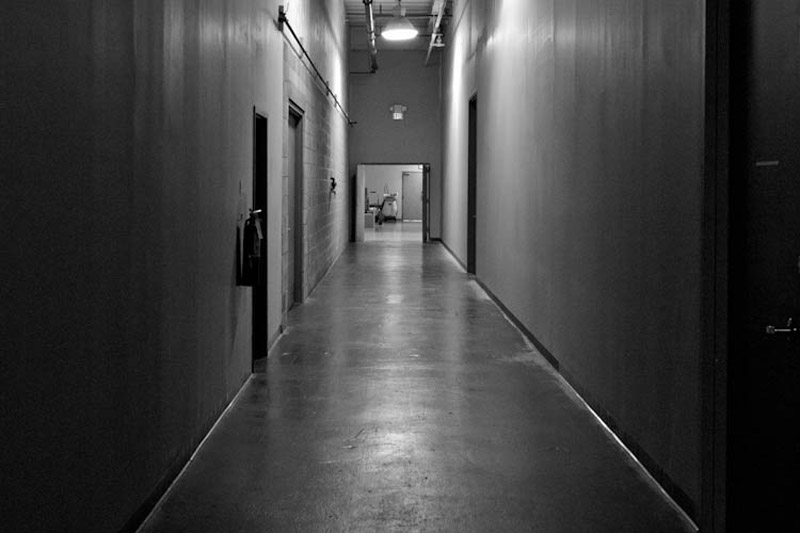
This never happened to me, but it made me scared of doing anything wrong because I would be called to stand outside class. I didn’t want to be openly shamed like this. I would also feel very sorry when I saw students punished this way.
Such punishment was a form of ostracization, since the students in question would be deliberately segregated from their classmates and denied from being part of the class activities for their “wrongdoings.” It was as if these students were deemed “unworthy” of attending the class and “lesser” compared to the other pupils just because they didn’t do their work like the others did.
During class, I remember this particular routine a teacher made us go through whenever we went through our assignments: Whenever we got a question wrong, she would make us stand up from our seats and slap ourselves in front of the class.
This slapping was never meant to hurt us (my teacher never derived any pleasure from seeing us hit ourselves; she was a good teacher and a good person), but for us to remember our mistakes and never commit them again.
It worked fairly well because I grew up being very meticulous about details, very sensitive to mistakes, and always cautious not to make any mistakes. Because in my mind, I had associated a physically, emotionally, and mentally negative outcome with mistakes — even the tiniest of them. It was clear that mistakes of any sort were not tolerated in school — especially the careless ones — and there was absolutely no room to make any of them.
Then… Came Secondary School
Then came secondary school. The shaming culture didn’t get worse (it couldn’t have actually; it was the worst in the primary school I came from), but it didn’t get much better either.
I was in a secondary school where we had an infamous disciplinary master nicknamed “Tiger X” (I’m replacing his real surname with X for anonymity). Why that name? Because (a) he was fierce like a tiger and (b) his surname is X. He would be nice when he was a good mood, but he would be irate when he flared up. Shouting, scolding, and punishing were all part of his disciplinary arsenal.
I don’t remember if physical punishment was in the mix too, but I once saw Tiger X kick my friend in his butt — REAL HARD — during morning assembly. Why? Because my friend was talking and being naughty overall. I was standing right beside him when it happened and felt really bad because… which growing, self-respecting teenager would want to have his butt kicked (literally) in front of his friends?
I didn’t think it was appropriate treatment at all regardless of how naughty my friend was; I thought the teacher could have been less harsh in how he handled the situation. At the very least, something that didn’t involve kicking and shaming.
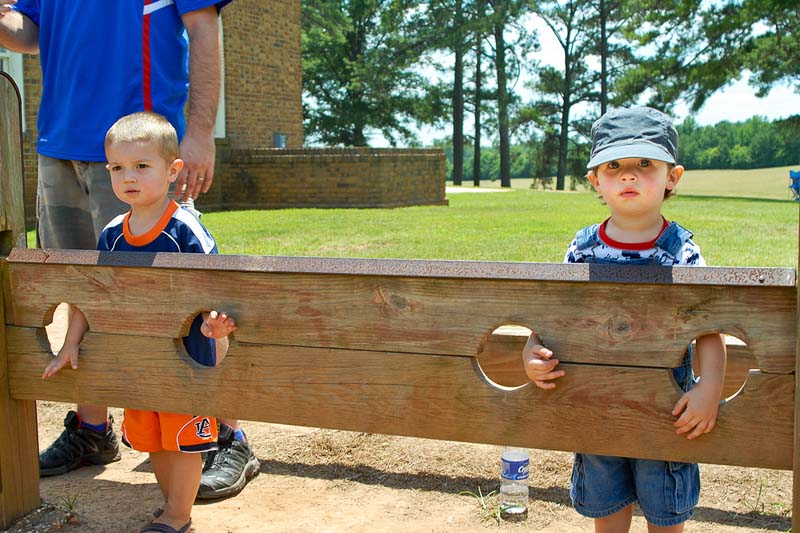
University: End of Shaming
It was only when I entered university that I stopped being exposed to a shaming culture. For the first time in my life, I was in a school where students weren’t treated as a sub-species.
While we were still expected to respect the professors/teachers as students, we were finally treated as as actual humans with rights, not lesser individuals. To be honest, it was a nice and refreshing change to be able to walk around the hallways freely and not in fear that some teacher was going to come screaming at you all of a sudden for some wrongdoing you were not even aware of.
Then… Something Totally Different
And then when I started my first ever internship in my ex-company, I became exposed to a totally different culture.
There was no shaming and no punishing at all there. Instead there was… praising.
That’s right: Rather than have your mistakes continuously pinpointed/corrected, be endlessly criticized about your behavior/personality/worth as an individual, live in fear of getting called out in meetings for your wrongdoings, or get publicly humiliated/shamed for anything you do that’s “incorrect,” there was frequent praise, appreciation, and commending for the things you do right.
Don’t get me wrong: It wasn’t like no one ever got criticized in there as healthy and constructive criticism was a norm. It wasn’t like all the managers in the company were civil and kind, for there were a couple of dictator-like personas who would openly scold and shame subordinates in public. (And when I say public, I mean literally in public, like in a restaurant. This happened between a general manager and a director in the company.)
But the overall culture in the company was one of praise and celebration. No one was seen as sub-par to another; everyone was equal. Managers would work with their subordinates as equals and partners as they brought the best out of them. Vice presidents would speak to interns like they were of the same level when they were really 15 years apart in their ages, life experience, and job experience.
A Life-Changing Experience
In entered my then-manager.
My manager then… he wasn’t just a regular manager. He was a manager who was highly gratuitous and open with his praises, often acknowledging me for the littlest of tasks that I didn’t think much of.
These were tasks which I considered non-tasks and would do as part of my natural self. For example, creating a report in accordance to his needs, doing a well-structured analysis, and following through with what we discussed in previous meetings.
His praises weren’t like “not bad” or “nice work” type of “non” praises. He would repeatedly say things like, “Excellent!! This is really excellent work, Celestine!!”, “Okay, now we’re talking!” (referring to how great he felt my work was), “You really exceeded my expectations,” and “This is fantastic. Terrific job Celes, really amazing work.”

Me and my then-manager during my internship. Mosaic-ed his face to protect his privacy.
Shock… Then Something Else
So when I first heard his gratuitous and open praises — especially over seemingly trivial stuff (to me) — I was thrown off-guard.
I thought, Wow, seriously? Is he joking or what? I thought perhaps he was mocking me or something!
But then I looked at his face, which was filled with excitement and joy. No fakeness, no pretense, and no falsehood. It was hard to think that a corporate professional and someone as senior as him would be childish to give fake praise too.
So then I said, “Err…. okay, but this is really nothing. It’s just a simple thing.”
To which he responded, “Well, you would be surprised how many senior people my level (and beyond) can’t even do something like this right. This is really great stuff. Great job, Celestine. No, EXCELLENT job.”
This was the starting point when I thought, … Really? Excellent job… this? … Me?

Being… Inspired To Be Better
My encounters with this manager marked the start of my shift towards self-acknowledgement, self-appreciation, and self-recognition.
While I had never doubted my personal ability nor potential before, I never thought that anything I did had serious merit unless I threw my entire life towards it and perhaps almost lost an arm or leg in the process. It was sort of a self-discounting mentality, where I would think there was no big deal about whatever I was doing, even if it might be a great piece of work which I invested tons of time in.
This was probably partly due to being raised in a culture where mistakes would always be highlighted and harped on all the time while good behavior was taken as the norm.
I became very motivated. It was not like I would have been any less hardworking nor committed if my manager was not him. I was already very self-initiated and highly driven at this point in my life (otherwise I wouldn’t have been chosen for my internship–perhaps more on this in a future post).
But I started to get motivation from an added source. Rather than just feel driven to be my best, I became… inspired… to be my best too.
And what’s the difference between drivenness and being inspired, you ask? Drivenness is sort of like the state of being pushed (even if internally within yourself) to do something, while being inspired is the state of being pulled, drawn, to do something.
It may sound like both are the same, and in a way they are because they both lead to the person taking action. But there’s quite a vast difference between the two, in that someone who’s driven is constantly pushing him/herself forward in a manner that may eventually lead to tediousness and a feeling of drain.
But someone who’s inspired… the possibilities are endless. His/her power is unlimited.
… The source has been activated.
Changing… for the Better
While my internship and encounter with my then-manager was only two months, but the seeds of change were planted.
Slowly, I became less worried about making mistakes and more open about being myself. I became less obsessed with following regulations and guidelines and more interested in understanding what was going on in the world and doing things that mattered. I became less fearful about entering a meeting and worrying that I might get pounced on by an authority figure for a mistake I missed, and more confident about my ideas, my worth, and my ability.
All in all, I began to find my footing and glow in my own light.

If I look back to all the moments of and/or experiences with shaming in my childhood and the fear-inducing environments I was thrown into throughout my schooling years, none of them so much as inspired me to grow or better myself in the same way being acknowledged/recognized (by my ex-manager) did.
Even with my primary school teacher’s slapping ritual, it was useful in that it made me supremely cautious about not making mistakes and being immaculate in everything I do.
But… that was it. It didn’t inspire me to want to achieve greatness. It didn’t inspire to want to be better. All the shaming experiences and cultures I was put in only made me improve within the context of who I was, but not to rise above myself and become bigger than I really was.
Stop Shaming, Start Praising Instead
So what does it mean for us? It means that the next time you feel like negatively criticizing, punishing, or shaming someone (and this person can be your kid, your niece/nephew, your co-worker, your direct report, your friend, or perhaps even your partner), maybe praising is the way to go instead.
Five little steps to get started:
- Pinpoint mistakes as you see them, but do it constructively. Read: How to Give Constructive Criticism in 6 Steps
- Identify good points about the person. Compliment him/her about it. (PE reader Alice told me during the Edinburgh PE readers meetup that her friendship with her best friend started when she gave him a compliment to strike a conversation in doing the Kindness Challenge tasks for Day 5 (Give a Genuine Compliment to at Least 3 People) and Day 6 (Talk to Someone You Don’t Normally Talk To). How cool is that?)
- See the potential in him/her. Let him/her in on what you see, so that he/she can be aware of this hidden potential in him/her too.
- Building on #2, praise the person openly where others can witness it. Let others see the goodness of this individual too. There’s no reason why praise should only happen behind closed doors!More on being emotionally generous: Are You Emotionally Generous? and Day 10: A Day of Emotional Generosity of Be a Better Me in 30 Days.
- If the person reacts adversely or uncomfortably to your praises, it’s just a reflection of his/her own issues. Maybe he/she doesn’t give enough credit to him/herself (like how I was in the past) and hence feel awkward by your praises. It’s okay; simply let him/her warm up to your compliments. Continue to praise him/her without reservations, and slowly you’ll see a positive shift in his/her behavior. :)
Between shaming and praising, the world can do with less of the former and more of the latter. Enough with trying to coerce people into action through force; my challenge to you today is to inspire people — whoever it is you want to inspire — into action by using your personal power (over force).
Have You Been Shamed or Praised Before?
Do you have any experiences with shaming and/or praising, be it in school, work, or home? What are they? How did you feel about them when they happened? Hopefully my 5 steps will help you better manage such situations. :)
(Image: Boy alone, Dark corridor, Punishment, Little girl, Girl at shore)

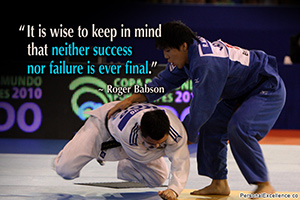
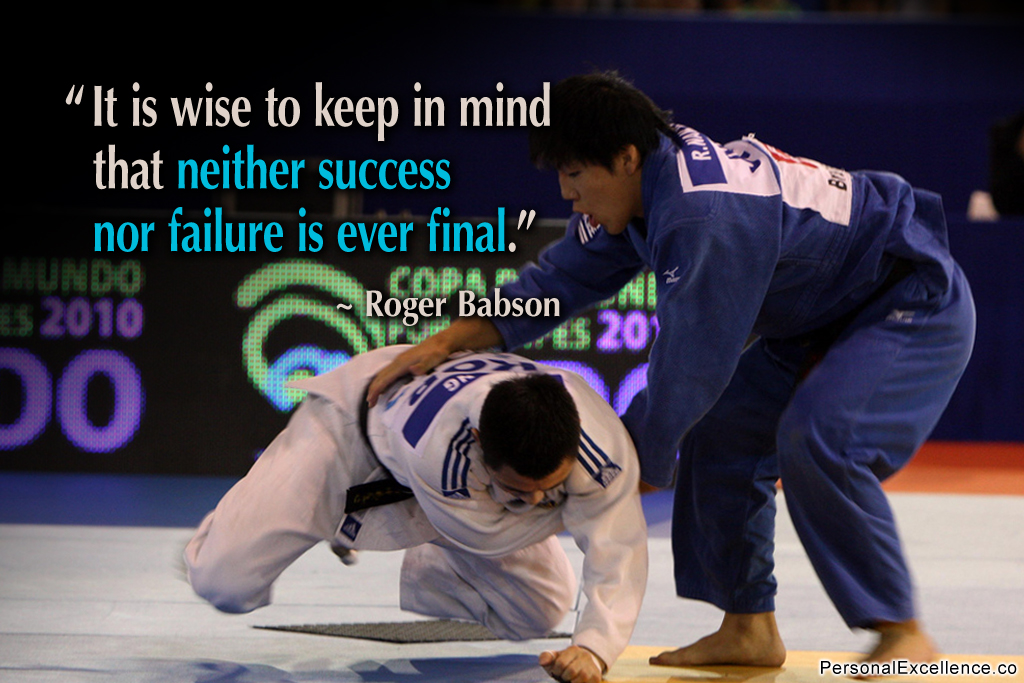






 Thanks for reading. If you like my free articles, join my private email list and get my latest updates and articles sent right to your inbox.
Thanks for reading. If you like my free articles, join my private email list and get my latest updates and articles sent right to your inbox.